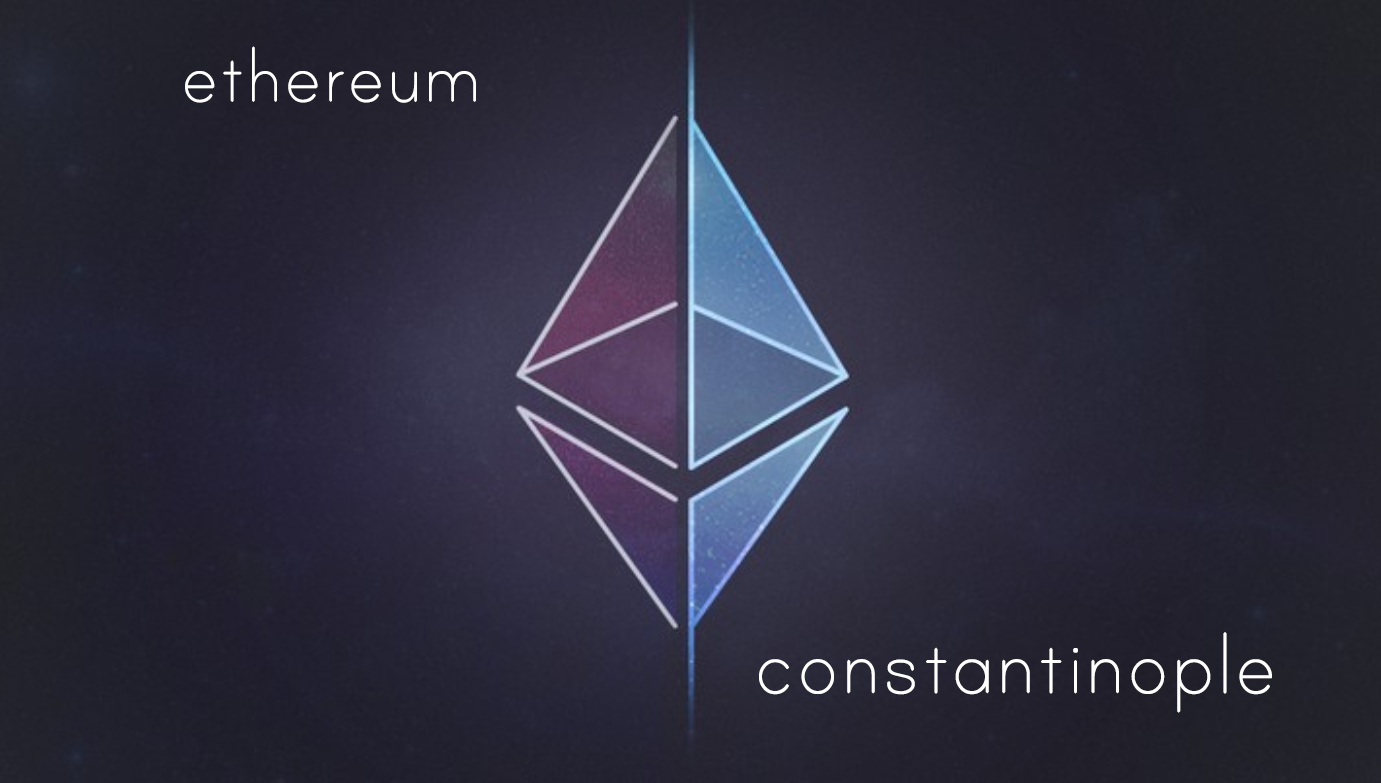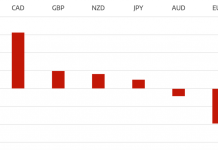
Ethereum’s Constantinople massive upgrade has been postponed after a vulnerability in the system has been publicly exposed. The announce of the new deadline, set on Feb. 27, 2019 has been made official by a team leader at Ethereum, Peter Szilagyi, in a tweet late last week. As such, enthusiasts of this crypto will have to wait until the block 7,280.000 has been mined instead of the initially provided 7,080,000.
This decision appears to have been made in consensus with other core developers in a last minute call phone between heavy-weights developers, including ethereum creator Vitalik Buterin, Hudson Jameson, Lane Rettig, Afri Schoedon, Péter Szilágyi, Martin Holste Swende, Danny Ryan and Alexey Akhunov, among others. They got to the conclusion that Ethereum’s major upgrade will be live on Feb 27 when the block 7,280.000 has been mined.
It was Péter Szilágyi who made it official via Twitter:
Seems we’re going with block 7.28M for the #Ethereum Constantinople refork scheduled for the 27th of February! Will be a single fork on mainnet and a post-Constantinople-fixup fork on the testnets to get them back in line feature wise with the main network.
— Péter Szilágyi (@peter_szilagyi) 18 January 2019
The vulnerability was found by an external smart contract audit firm ChainSecurity, which raised the alarms last week that a security vulnerability was found in one of five EIPs set for inclusion in Constantinople relating to data storage costs on the blockchain.
Speaking to CoinDesk on Tuesday, Matthias Egli – COO of ChainSecurity – highlighted that the issue was likely not picked up by core developers when running tests on the software given that the impact is rooted in smart contract development, not necessarily “[ethereum virtual machine] core” development.
These found a vulnerability in the platform that purportedly allows a potential attacker to steal cryptocurrency from a smart contract on the network by repeatedly requesting funds from it while feeding it false data about the malicious actor’s actual ETH balance. In order to patch the loophole, the launch of the upgrade had been postponed until further notice, as Cointelegraph pointed out.
Following the same source, Szilagyi explains that the upgrade, or hard fork, as devs call it, will reportedly be implemented as “a single fork on mainnet and a post-Constantinople-fixup fork on the testnets to get them back in line feature-wise with the main network,” instead of one-off upgrade.
This hard fork comes to address several problems within the platform, including the prolonged activation of ethereum’s difficulty bomb – a piece of code embedded into the blockchain making block times increasingly longer over time. In this respect, Constantinople will provide several key upgrades to the Ethereum network addressing performance, cost efficiency, and further preparation for an eventual switch to proof of stake consensus. Five Ethereum Improvement Proposals (EIPs) in total will be implemented during the upgrade.

Hernaldo Turrillo is a writer and author specialised in innovation, AI, DLT, SMEs, trading, investing and new trends in technology and business. He has been working for ztudium group since 2017. He is the editor of openbusinesscouncil.org, tradersdna.com, hedgethink.com, and writes regularly for intelligenthq.com, socialmediacouncil.eu. Hernaldo was born in Spain and finally settled in London, United Kingdom, after a few years of personal growth. Hernaldo finished his Journalism bachelor degree in the University of Seville, Spain, and began working as reporter in the newspaper, Europa Sur, writing about Politics and Society. He also worked as community manager and marketing advisor in Los Barrios, Spain. Innovation, technology, politics and economy are his main interests, with special focus on new trends and ethical projects. He enjoys finding himself getting lost in words, explaining what he understands from the world and helping others. Besides a journalist he is also a thinker and proactive in digital transformation strategies. Knowledge and ideas have no limits.











































